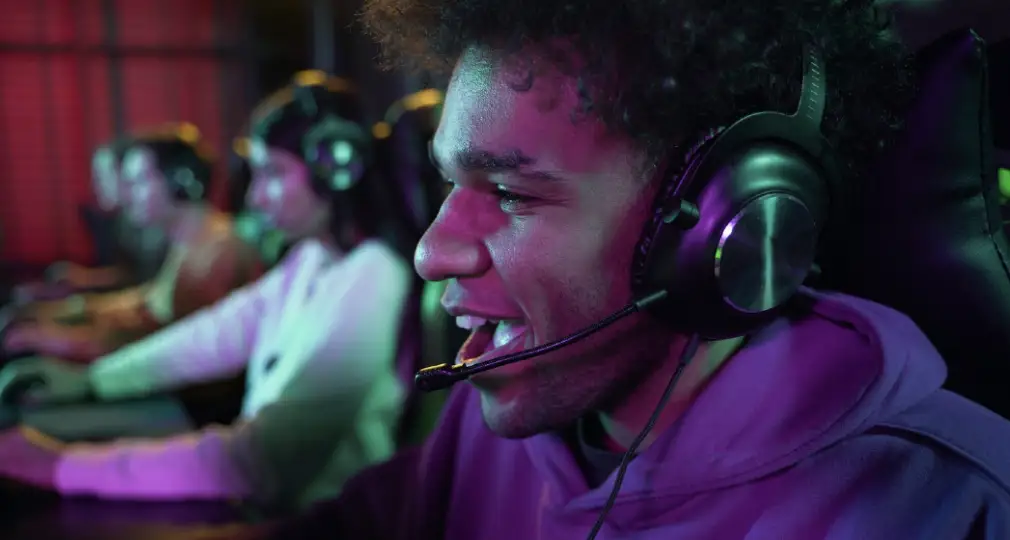Esports has rapidly evolved from a niche hobby into a global phenomenon, drawing millions of viewers and generating billions in revenue. Yet, despite its growing legitimacy, many misconceptions persist about competitive gaming. Let’s break down the most common myths and uncover the truth about esports in 2025.
Myth 1: Esports Significantly Improve Reflexes
Many believe that professional gaming enhances reflexes to a near-superhuman level. In reality, esports can be compared to chess, where strategic thinking, decision-making, and knowledge of the game’s mechanics are more important than raw reaction speed. While some games require quick reflexes, the primary skill set revolves around pattern recognition, situational awareness, and tactical planning. Just like chess grandmasters, top esports players succeed through deep understanding and strategic execution rather than sheer physical reflexes.
Myth 2: Esports and Education Are Incompatible
One of the most common arguments against esports is that it distracts from education. However, successful players understand the importance of time management. Many professional gamers have balanced their academic and competitive careers by setting structured schedules. Furthermore, esports itself can open doors to education through scholarships, university programs, and career paths in game development, content creation, and sports management. In 2025, more universities worldwide recognize esports as a viable career and offer dedicated courses and degrees in gaming-related fields.
Myth 3: Playing Sports Outdoors Is Better Than Gaming
While traditional sports are excellent for physical health, esports also demand mental and physical discipline. Professional players must maintain peak cognitive performance, which includes physical training, healthy diets, and mental exercises to stay sharp during long tournaments. Many esports athletes incorporate fitness routines into their schedules, understanding that endurance and concentration are crucial for success in high-stakes competitions. Esports is not a replacement for outdoor sports but rather a different avenue that fosters skill development and teamwork in a digital environment.
Myth 4: Esports Negatively Impact Vision
A common concern is that prolonged screen exposure in esports leads to poor eyesight. However, research suggests that controlled gaming can actually improve visual acuity, hand-eye coordination, and cognitive flexibility. Players also develop better attention to detail and quicker information processing. Modern gaming setups include advanced display technologies, blue light filters, and ergonomic solutions to minimize strain. Additionally, professional players follow strict eye care routines, including regular breaks and eye exercises, to maintain long-term visual health.
Myth 5: Esports Is Not a Legitimate Career Path
Esports is often dismissed as an unstable or risky career choice, but industry growth tells a different story. In 2025, the global esports market exceeds billions of dollars, with lucrative sponsorship deals, broadcasting rights, and major tournaments offering prize pools surpassing traditional sports. The ecosystem extends beyond just players; analysts, commentators, content creators, and game developers all benefit from the industry’s expansion. With corporate investments, media deals, and government recognition, esports has solidified its place as a legitimate and thriving sector in the global economy.
Conclusion
The perception of esports is rapidly changing, with growing acceptance and professionalization reshaping the landscape. Whether viewed as entertainment, a competitive sport, or a career path, esports continues to break barriers and establish itself as a mainstream industry. As technology advances, so does the potential for gaming to influence culture, education, and the economy in unprecedented ways.
Read more: Biggest sportsbook in the world












